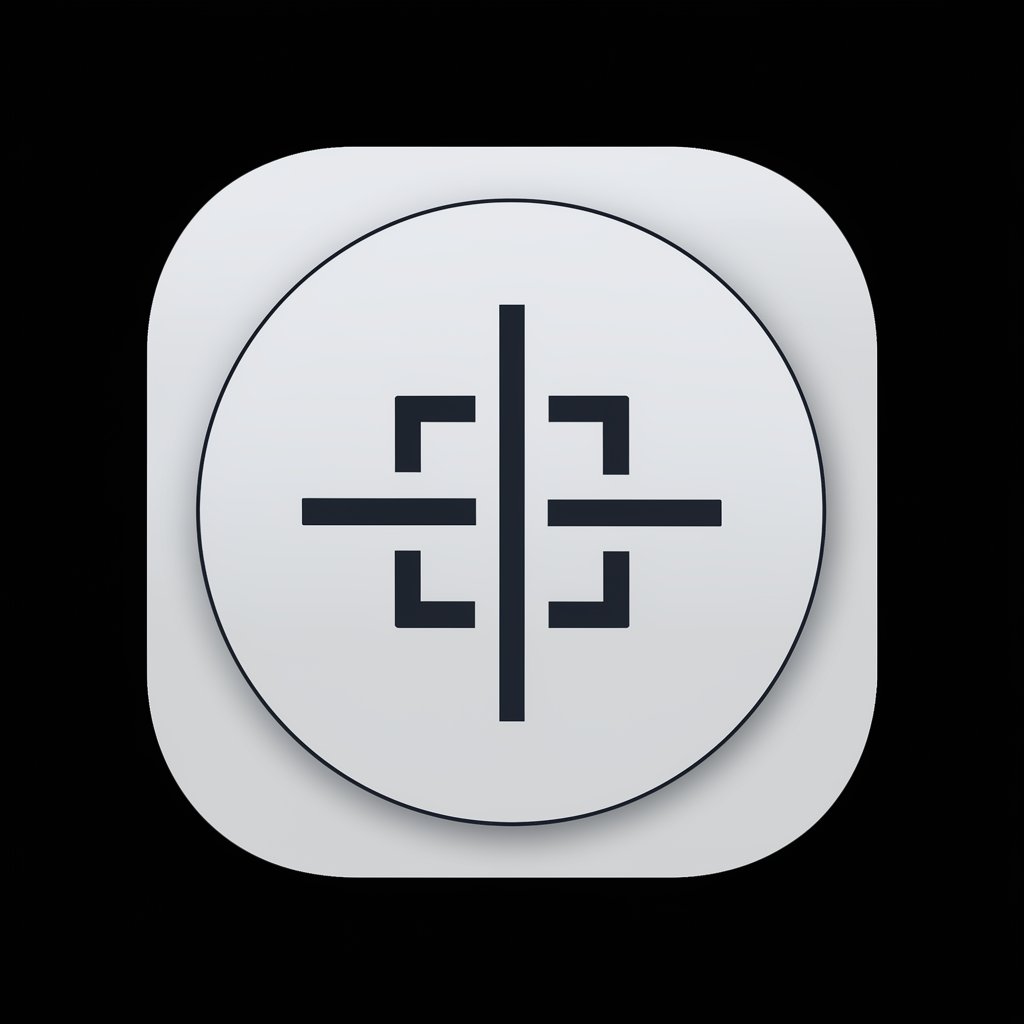Laravel Engineer - Laravel Development Assistant

Hello! Need Laravel help? I'll use my knowledge or the latest docs to assist!
Streamlining Laravel development with AI
How do I set up a new Laravel project?
Explain middleware in Laravel.
What's the best way to handle database migrations in Laravel?
Can you show me an example of Eloquent ORM usage?
Get Embed Code
Overview of Laravel Engineer
Laravel Engineer is a specialized GPT model designed to assist users with Laravel, a popular PHP web application framework known for its elegant syntax and robust features for tasks such as authentication, routing, sessions, and caching. Its primary design purpose is to streamline the development process for Laravel developers by providing up-to-date information, troubleshooting assistance, code examples, and best practices. For instance, if a developer is struggling with implementing user authentication, Laravel Engineer can provide a step-by-step guide or code snippets to demonstrate the use of Laravel's built-in Auth features. Powered by ChatGPT-4o。

Core Functions of Laravel Engineer
Code Snippet Generation
Example
Generating a middleware for logging user activity in a Laravel application.
Scenario
A developer wants to track user actions within their application. Laravel Engineer provides a custom middleware example that logs user activities to a database, illustrating how to use Laravel's middleware functionality alongside Eloquent models.
Troubleshooting and Debugging Help
Example
Resolving issues with database migrations failing due to foreign key constraints.
Scenario
When a developer encounters a migration error, Laravel Engineer can dissect the error message, suggest checks for common pitfalls like incorrect table names or data types, and offer solutions such as adjusting the order of migrations or using the 'unsigned' attribute for foreign key columns.
Performance Optimization Tips
Example
Optimizing Eloquent queries to reduce memory usage and increase speed.
Scenario
A developer is facing slow page loads due to inefficient database queries. Laravel Engineer provides advice on eager loading versus lazy loading relationships, using the 'with' method to pre-load data, and tips on indexing database columns.
Best Practices and Design Patterns
Example
Implementing the Repository pattern in a Laravel application.
Scenario
To improve code maintainability and decouple the business logic from data access layers, Laravel Engineer can guide on structuring the application using the Repository pattern, including how to set up interfaces and concrete classes.
Who Benefits from Laravel Engineer?
Web Developers and Programmers
Individuals or teams working on web development projects using Laravel. They benefit from Laravel Engineer by getting instant access to specific Laravel solutions, code examples, and optimization techniques, saving time and enhancing project quality.
Technical Leads and Architects
Senior developers or architects responsible for designing and overseeing project architecture. They can utilize Laravel Engineer for insights on best practices, design patterns, and architectural decisions to ensure the application is scalable, maintainable, and follows Laravel conventions.
Beginners to Laravel
Newcomers to Laravel seeking to learn the framework quickly and efficiently. Laravel Engineer provides a friendly way to understand Laravel's features, from basic routing to advanced concepts like service providers and facades, tailored to the beginner's perspective.

How to Use Laravel Engineer
Step 1
Visit yeschat.ai for a free trial without login, also no need for ChatGPT Plus.
Step 2
Choose 'Laravel Engineer' from the list of available GPTs to start getting help with Laravel development tasks.
Step 3
Input your Laravel question or problem in the provided text box. Be as specific as possible to receive the most accurate assistance.
Step 4
Review the generated response. If further clarification is needed, refine your question or provide additional context and submit again.
Step 5
Utilize the tips and code examples provided by Laravel Engineer to implement solutions in your Laravel projects. Repeat the process as needed for other queries.
Try other advanced and practical GPTs
Juice Me
Squeeze life to the fullest with AI-powered juicing!

Ai Affordable Car Insurance Atlanta.
AI-Powered Car Insurance Tailored for You

iOS Icon Creator
Craft Your Icon with AI Precision

ID My Pill
Your AI-powered pill identifier

Africa
Empowering insights on Africa, powered by AI

Gluten Free Genie
Navigate gluten-free dining with AI precision.

Songbird meaning?
Elevate Your Content with AI Precision

Feng Shui Master
Harmonize your space with AI-powered Feng Shui insights.

Weather Guide
Empowering decisions with AI-driven weather insights.

Midj Muse
Ignite Creativity with AI-Powered Prompts

API Security Guru
Empowering Secure API Development with AI

Lexi Counselor
Empowering Legal Insight with AI

Laravel Engineer Q&A
What kind of Laravel questions can I ask Laravel Engineer?
You can ask a wide range of questions, from basic Laravel framework understanding, routing, middleware, database migrations, Eloquent ORM usage, to more advanced topics like service containers, facades, and queue management. Laravel Engineer is designed to help with code snippets, debugging tips, and best practices.
How can Laravel Engineer help me with Laravel package development?
Laravel Engineer can guide you through the process of creating a Laravel package, including setting up your composer.json, service providers, facades, and publishing package assets. It can also provide advice on best practices for package development and maintenance.
Can Laravel Engineer assist with Laravel API development?
Yes, it can provide guidance on creating RESTful APIs with Laravel, including routing, controller organization, request validation, and response transformation. It also offers tips on securing your API with Laravel Passport or Sanctum for authentication and authorization.
Is Laravel Engineer useful for debugging and performance optimization?
Absolutely, it offers insights on common debugging techniques, configuring Laravel's logging features, and using tools like Laravel Telescope for monitoring. For performance optimization, it covers caching strategies, database query optimization, and efficient use of Eloquent relationships.
How can Laravel Engineer assist in testing Laravel applications?
It provides information on writing unit and feature tests using Laravel's built-in testing facilities, such as PHPUnit and Dusk. It covers test-driven development (TDD) practices, mocking and faking services, and integrating tests with continuous integration (CI) pipelines.
